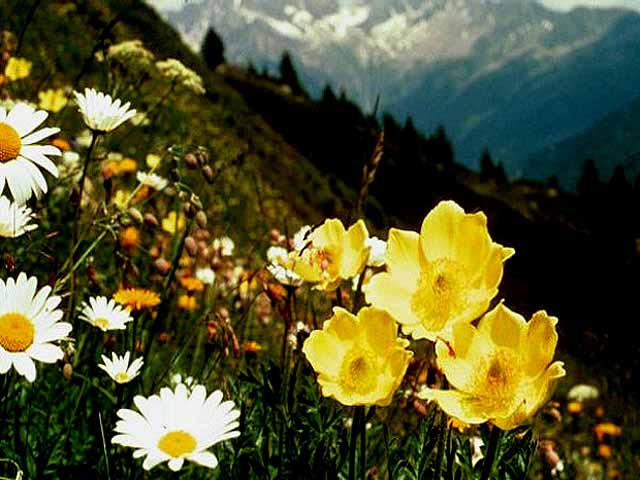XIV
[ZWEITER TEIL]
Siehe die Blumen, diese dem Irdischen treuen,
denen wir Schicksal vom Rande des Schicksals leihn,—
aber wer weiß es! Wenn sie ihr Welken bereuen,
ist es an uns, ihre Reue zu sein.
Alles will schweben. Da gehn wir umher wie/
Beschwerer,
legen auf alles uns selbst, von Gewichte entzückt;
o was sind wir den Dingen für zehrende Lehrer,
weil ihnen ewige Kindheit glückt.
Nähme sie einer ins innige Schlafen und schliefe
tief mit den Dingen—: o wie käme er leicht,
anders zum anderen Tag, aus der gemeinsamen Tiefe.
Oder er bliebe vielleicht; und sie blühten und priesen
ihn, den Bekehrten, der nun den Ihrigen gleicht,
allen den stillen Geschwistern im Winde der Wiesen.
|
XIV
[SECOND
PART] (SECOND PART)
See the flowers, they who are true to the earthly,
to whom we lend Fate from Fate's edge,—
but who knows! when they their faded ones repent,
is it left to us, to be the repenter for them.
Everything wants to float. We go about like weights,
laying ourselves on everything, from heaviness/
enthralled;
o what exhausting teachers we are for the things,
for they achieve eternal childhood.
If they were to take one in inner slumber and sleep
deeply with things—: o how he would become light,
different to a different day, out of the common depths.
Or he would remain perhaps; as they flowered and praised
him, the converted one, who now is their equal,
silent siblings all among the winds of the meadows.
*
|


